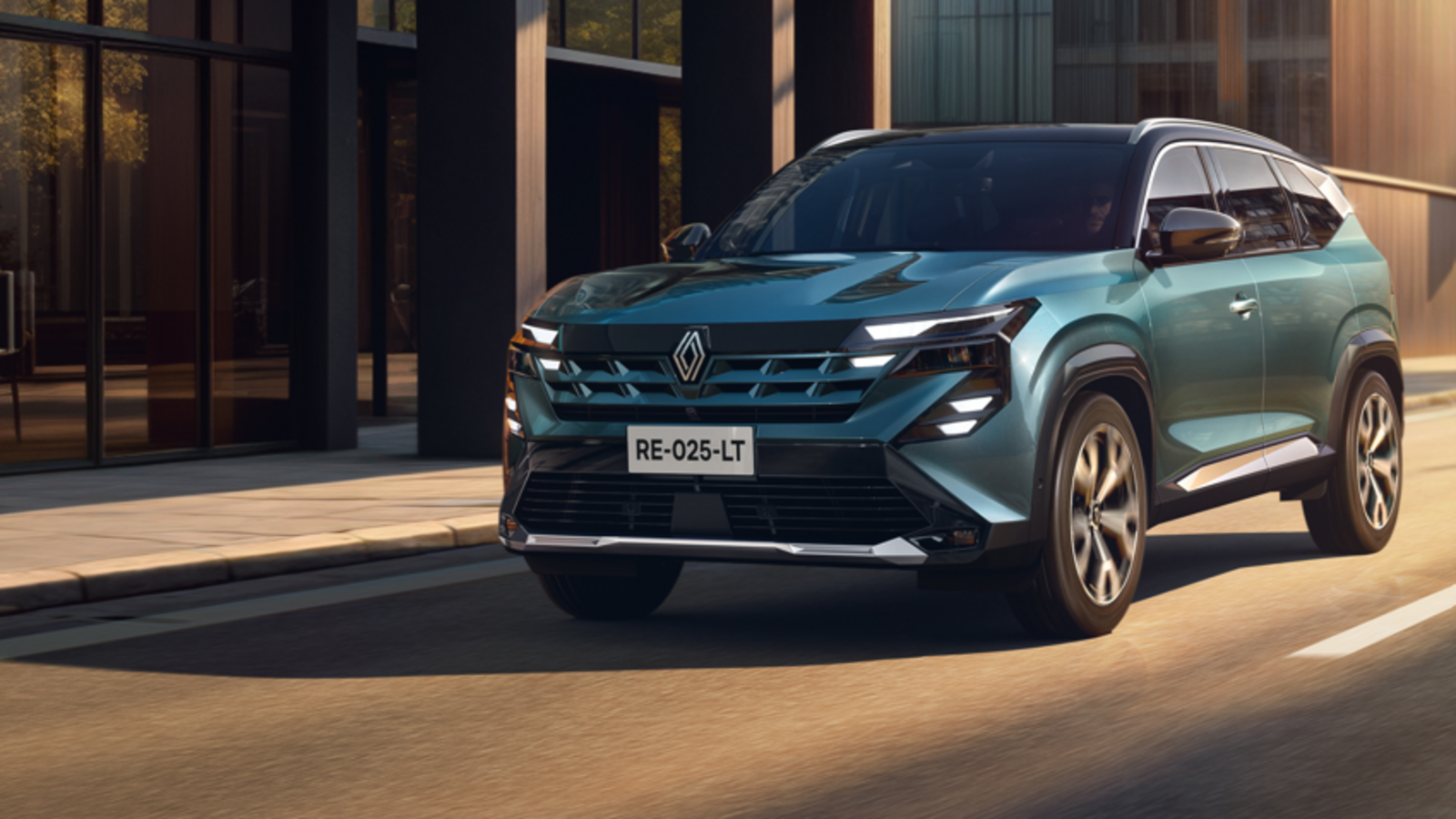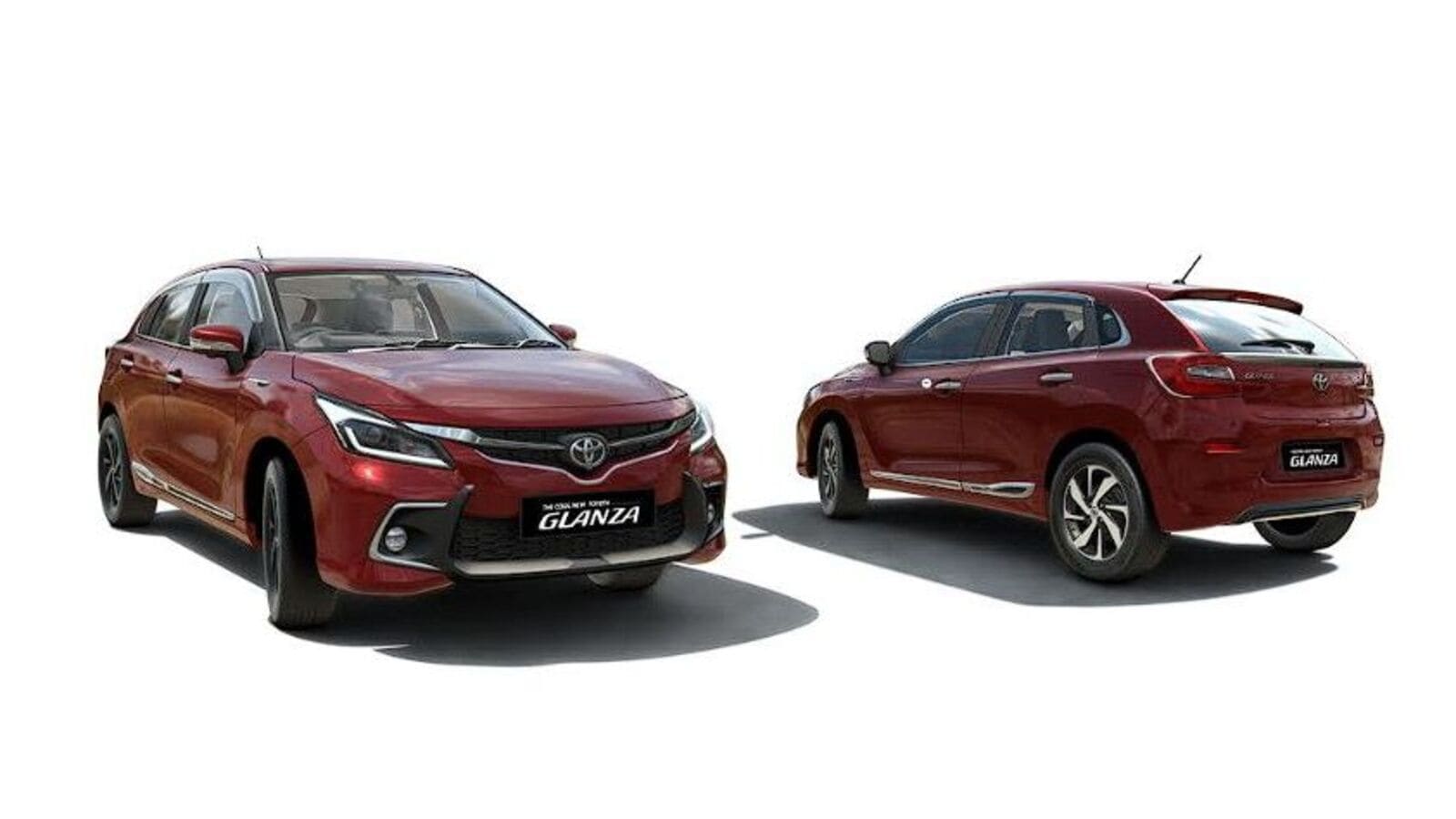Sports utility vehicles accounted for a record 48 per cent of global car sales in 2023, up from 41.4 per cent in 2020 and 20.58 per cent in 2013.
The love for ever-larger cars accounted for more than a quarter of the annual global demand growth for oil and 20% of the added energy-related CO2 emissions, according to the International Energy Agency.
Sports utility vehicles — heavier, less fuel-efficient and needier of critical minerals than smaller cars — accounted for a record 48% of global car sales in 2023, up from 41.4% in 2020 and 20.58% in 2013, according to the data in the IEA’s report.
“If SUVs were a country, they would be the world’s fifth-largest emitter of CO2″ after China, the US, India and Russia, the IEA said. “Over the course of 2022 and 2023, global oil consumption directly related to SUVs rose by a total of over 600,000 barrels per day, accounting for more than a quarter of the overall annual growth in oil demand.”
Besides securing continued demand for fossil fuels, the more than 360 million SUVs on the world’s roads last year resulted in combustion-related CO2 emissions of 1 billion tons, up by about 100 million tons from 2022.
“The large, heavy passenger vehicles were responsible for over 20% of the growth in global energy-related CO2 emissions last year,” the report added.
The preference for SUVs is also seen in electric car sales.
Also Read : Declining sales of electric vehicles force EV makers to offer price cuts
While only a tiny 5% of the SUVs on the road are electric, their share in the segment is growing. Globally, about 45% of electric cars are SUVs, a number that jumps to 55% in advanced economies. Larger vehicles also pose challenges related to their increased use of critical minerals, as they are equipped with larger batteries.
Some countries have bumped up parking fees for big, energy-intensive cars as part of measures to reduce pollution, protect climate and free up more pedestrian space
Paris has tripled the cost of parking fees for SUVs compared to smaller cars earlier this year. Authorities in other cities, such as France’s Lyon and Tübingen in Germany, have also started to incorporate vehicle weight into parking fees.
First Published Date: 29 May 2024, 08:33 AM IST




